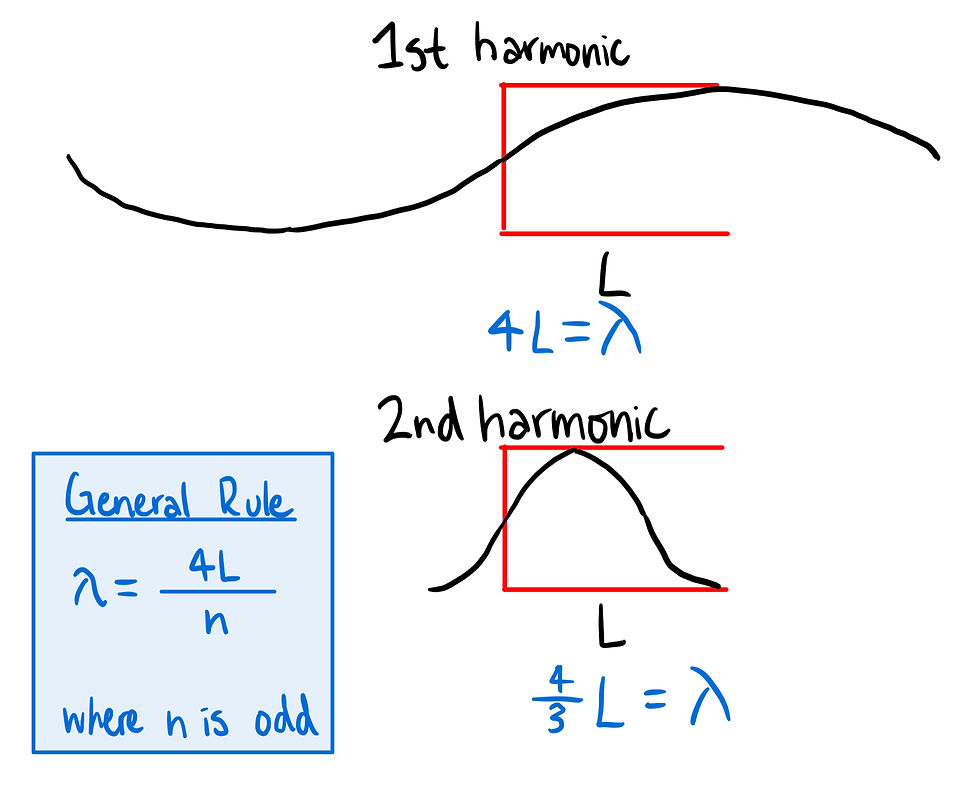PhysicsBowl 2019 Q12
- keshprad

- Mar 28, 2020
- 1 min read
12) A spring is attached to a horizontal disk. When at rest, we are told that the spring is unstretched at a distance d. And when it is moving with an angular velocity ω, it stretches to a distance 2d.
Let's start by looking at the force diagram when it is moving.

Seeing that F[s] is the only force acting towards the center of the motion, we can equate F[s] and the centripetal force. We will need to use Hooke's law to find F[s]. Although the mass is at a distance 2d, from the center of the disk, it is only a distance d from the spring's equilibrium position. However, in our centripetal motion formula, the radius is 2d, because this radius is only concerned with the distance from the center of motion.

Answer: B




Comments